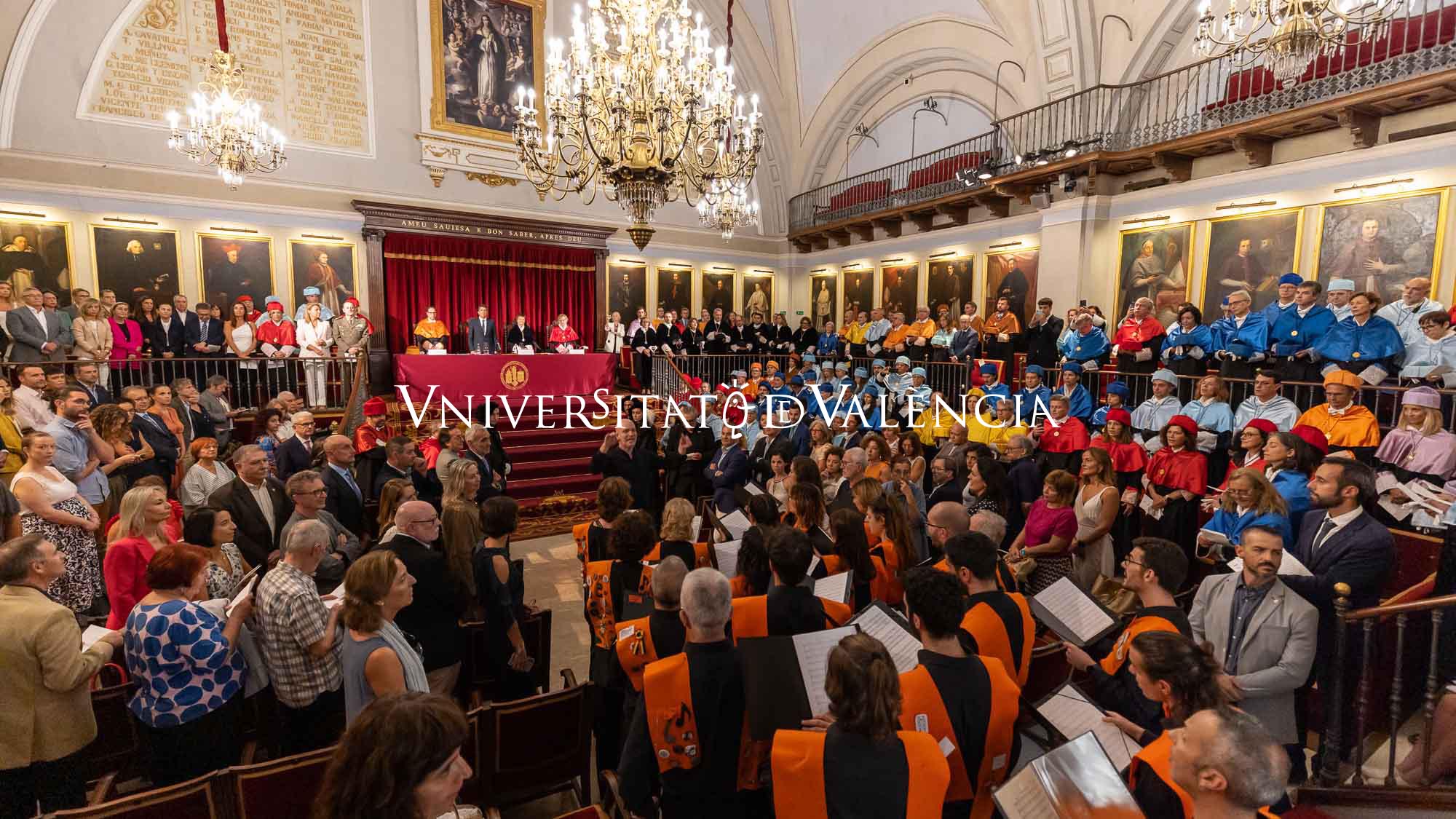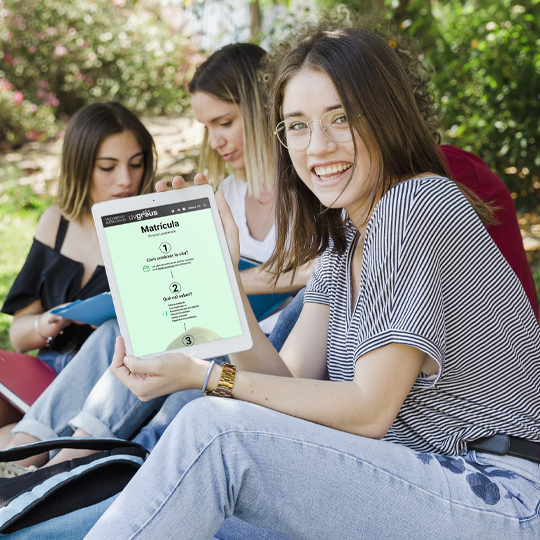Degree in Social Education
- B01: Students must have acquired knowledge and understanding in a specific field of study, on the basis of general secondary education and at a level that includes mainly knowledge drawn from advanced textbooks, but also some cutting-edge knowledge in their field of study.
- B02: Students must be able to apply their knowledge to their work or vocation in a professional manner and have acquired the competences required for the preparation and defence of arguments and for problem solving in their field of study.
- B03: Students must have the ability to gather and interpret relevant data (usually in their field of study) to make judgements that take relevant social, scientific or ethical issues into consideration.
- B04: Students must be able to communicate information, ideas, problems and solutions to both expert and lay audiences.
- B05: Students must have developed the learning skills needed to undertake further study with a high degree of autonomy.


























